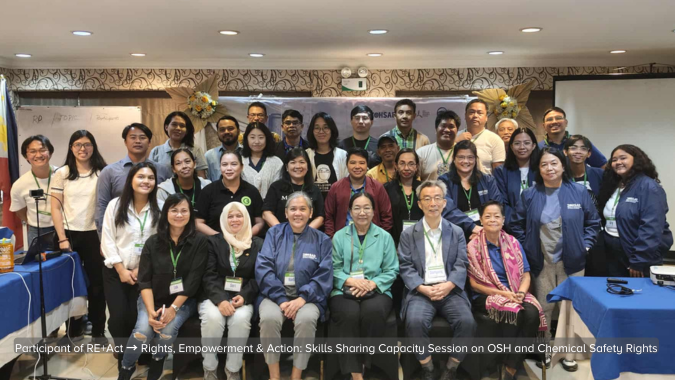Korea Workers Compensation and Welfare Service (KCOMWEL) has posthumously granted workers compensation benefits to two Samsung Electronics Co., Ltd.workers, after deeming their lung cancers to be occupationally caused—the service’s first-ever admission of a pulmonary condition as an occupational disease for semiconductor workers.
Counterbalance
On August 29th and 30th KCOMWEL approved workers comp benefits for Lee Gyeong-hui and Song Yu-gyeong, based on epidemiological findings by its lung disease investigation unit.
KCOMWEL’s approval is a counterbalance to the latest ruling by the country’s highest court, which turned down three Samsung employees’ workers comp petitions by passing the burden of proof on to the infirm or deceased workers for their occupational disease claims.
The victims
Employed at Samsung’s chip lab in April 1994, Lee resigned from the job in November 2011, after his diagnosis with lung cancer. He died, at age 41, in May 2012. Five month later, his family petitioned for workers comp.
Between January 1984 and March 2001, Song worked at two different units, chip and LCD, of Samsung. He died in 2011, at age 44, three years after his diagnosis with the cancer. In 2014, his family filed for workers compensation.
As maintenance engineers, both Lee and Song engaged in etching processes involving arsenic, a well-documented carcinogen. Additionally, routinely long working hours and daily exposure to other chemicals also cumulatively caused the workers’ cancer, the epidemiological findings indicated.
Parsimonious on Pulmonary Conditions
Despite ample evidence that Samsung’s chip and LCD production processes are limned with chemical exposures, KCOMWEL had cited a lack of evidence and rejected workers comp petitions for workers suffering pulmonary conditions.
This has been true particularly of Samsung’s LCD workers while Song, a LCD line engineer, could receive workers compensation benefits because he spent more than half of his employment at a chip lab. In December 2015, Lee Jie-hye, aged 29, died of lung cancer after working in a Samsung LCD lab in 2003-2011. Her workers compensation petition was denied for lack of what KCOMWEL said was “substantial evidence.”
As if in tune with the government’s policy, Samsung’s own limited and divisive compensation scheme does not cover even a single pulmonary condition. Samsung has no plans to make the change even after KCOMWEL’s decision, according to independent news site Ohmynews.com.
Fourteen Grants and Eight Diseases
As of the latest approval, KCOMEL has granted workers compensation to 14–13 from Samsung and one from SK HYNIX–out of a total of 75 occupational-disease victims assisted by SHARPS. The service has in effect declared the following eight diseases occupationally caused in the semiconductor industry:
Leukemia
Lymphoma
Aplastic anemia
Breast Cancer
Chronic inflammatory demyelinating polyneuropathy
Brain tumor
Ovarian cancer
Lung cancer
International Solidarity
Currently, two global petitions drives are under way online, urging Samsung to end worker abuse and compensate victims of its occupational disease cluster. All visitors of this blog are encouraged to endorse them:
Samsung: End Worker Abuse and Abolish Your “No-Union” Policy Now by the International Trade Union Congress
Samsung: Pay Compensation For The Workers Who Died in Your Factories by SumOfUs










